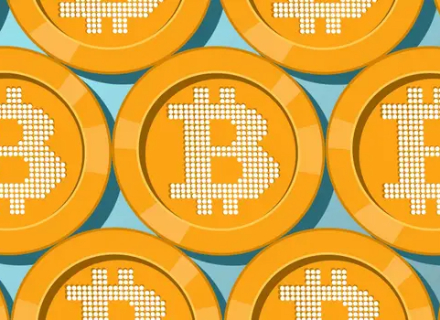PancakeSwap banned in Turkey in DEX crackdown: is Uniswap next?
Turkey’s financial regulator announced a ban on decentralized exchanges like PancakeSwap.
On Friday, July 4, local media reported that Turkey’s Capital Markets Board (CMB) blocked access to PancakeSwap (CAKE) for the country’s citizens. Along with the DEX, the country also blocked access to the crypto comparison platform CryptoRadar.
Authorities cited “unauthorized crypto asset service provision” as the reason for the ban, stating that the platforms did not have the required authorization to operate in the country. The decision was made under powers granted to the agency in 2024, when new legislation allowed the CMB to block foreign crypto service providers operating without a license.
In March, the CMB introduced updated regulations on licensing and oversight of crypto asset service providers. The new rules mandated stricter transparency and reporting requirements, including the provision of monthly account statements for all customers. Platforms are also required to disclose details of all user transactions.
Despite the crackdown, Turkey still permits regulated exchanges to operate. In March 2025, Turkish bank Bank Pozitif partnered with Taurus to launch a suite of crypto services.
Turkey tightens crypto legislation
The PancakeSwap ban was the first time a decentralized exchange was targeted by enforcement. Previously, only centralized platforms, like Binance and FTX , were banned in the country. For this reason, other DEXs like Uniswap (UNI) , Raydium may be at risk. What is more, other crypto platforms, including DEX aggregators, analytics dashboards, etc, could also be banned.
Interestingly, the enforcement came after significant crypto asset adoption in the country. Since 2022, Turkey has suffered from prolonged inflation . This has pushed many of its citizens to invest in crypto assets, which offered relative stability compared to the national currency.
The scramble to invest in crypto assets also showed up in the country’s crypto stats. Notably, in June 2024, the Turkish lira became the third-largest fiat currency that was used in purchasing crypto, taking the Euro’s spot.
Disclaimer: The content of this article solely reflects the author's opinion and does not represent the platform in any capacity. This article is not intended to serve as a reference for making investment decisions.
You may also like
Mars Morning News | The Federal Reserve is expected to cut interest rates on Wednesday, S&P Global assigns a "B-" credit rating to Strategy
S&P Global has assigned a "B-" credit rating to bitcoin treasury company Strategy, classifying it as junk debt but with a stable outlook. The Federal Reserve is expected to cut interest rates by 25 basis points, with a possible split in the voting. The Hong Kong Securities and Futures Commission has launched a tender for a virtual asset trading monitoring system. Citi is partnering with Coinbase to explore stablecoin payment solutions. ZEC surged significantly due to halving and privacy topics. Summary generated by Mars AI. The accuracy and completeness of this summary are still being refined and updated by the Mars AI model.

BTC Volatility Review (October 6 - October 27)
Key indicators (4:00 PM Hong Kong time on October 6 -> 4:00 PM Hong Kong time on October 27): BTC/USD -6.4...

Cathie Wood warns: As interest rates rise next year, the market will be "chilled to the bone"
AI faces adjustment risks!
2025 Trading Guide: Three Essential Trading Categories and Strategies Every Trader Must Know
Clearly identify the type of transaction you are participating in and make corresponding adjustments.
